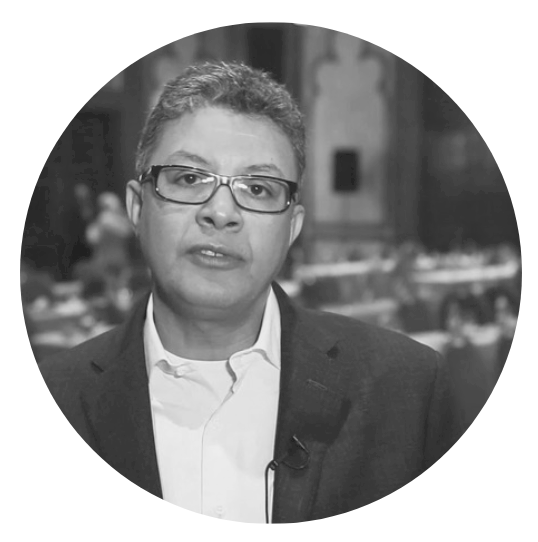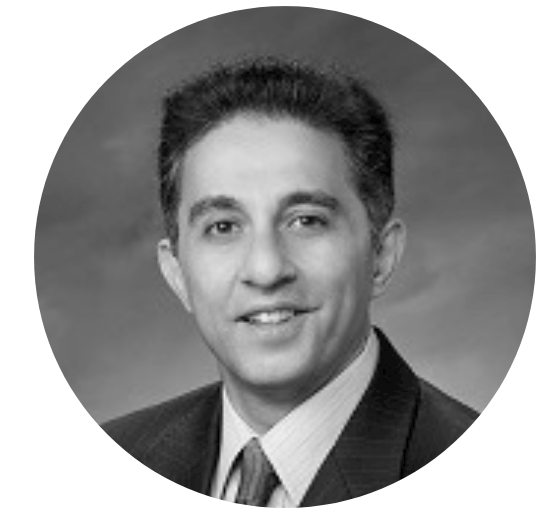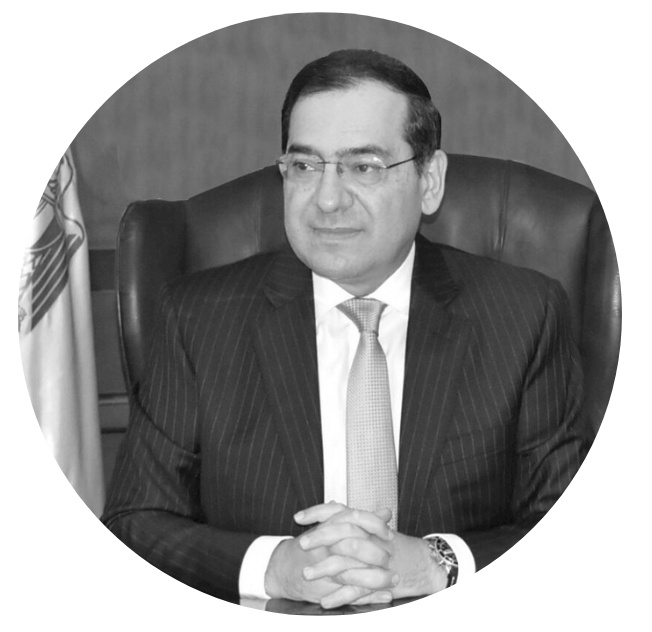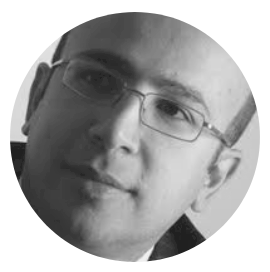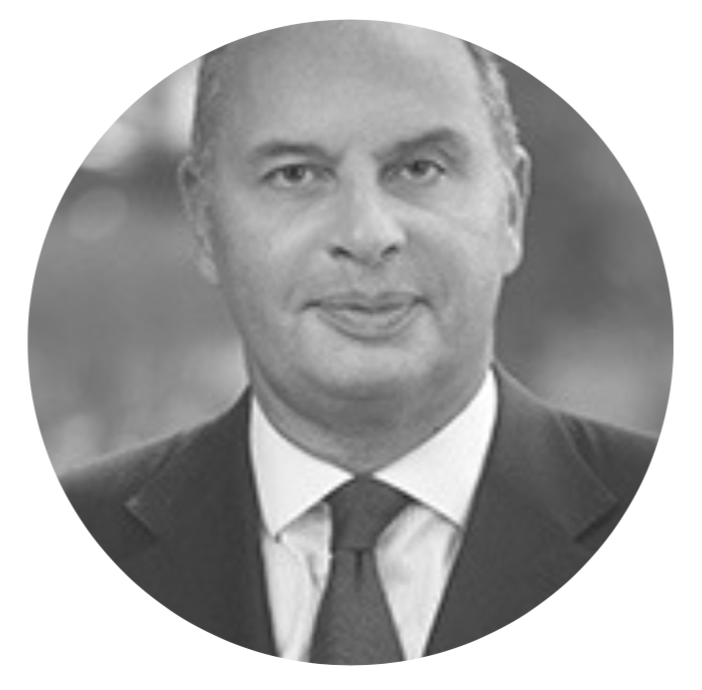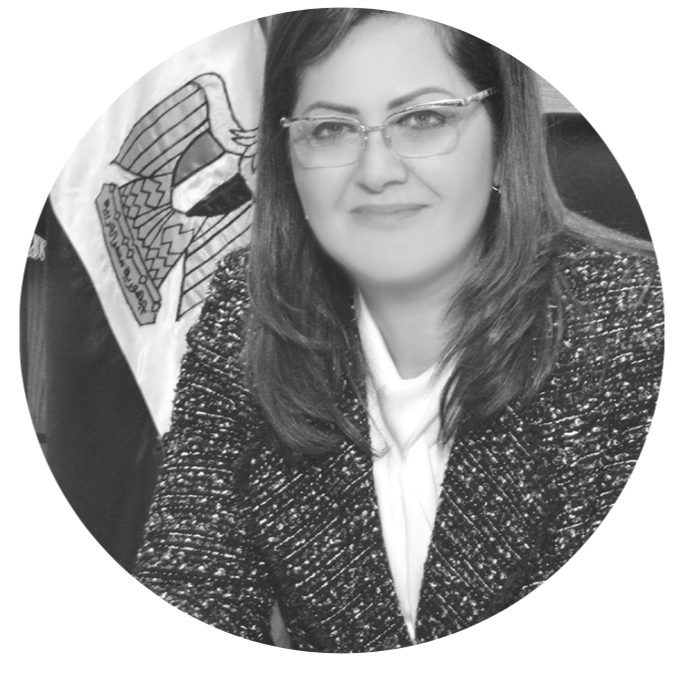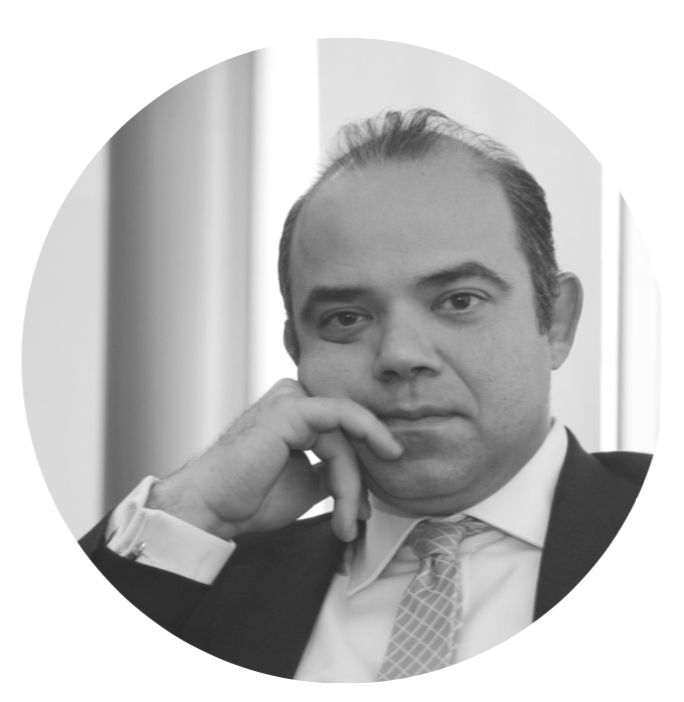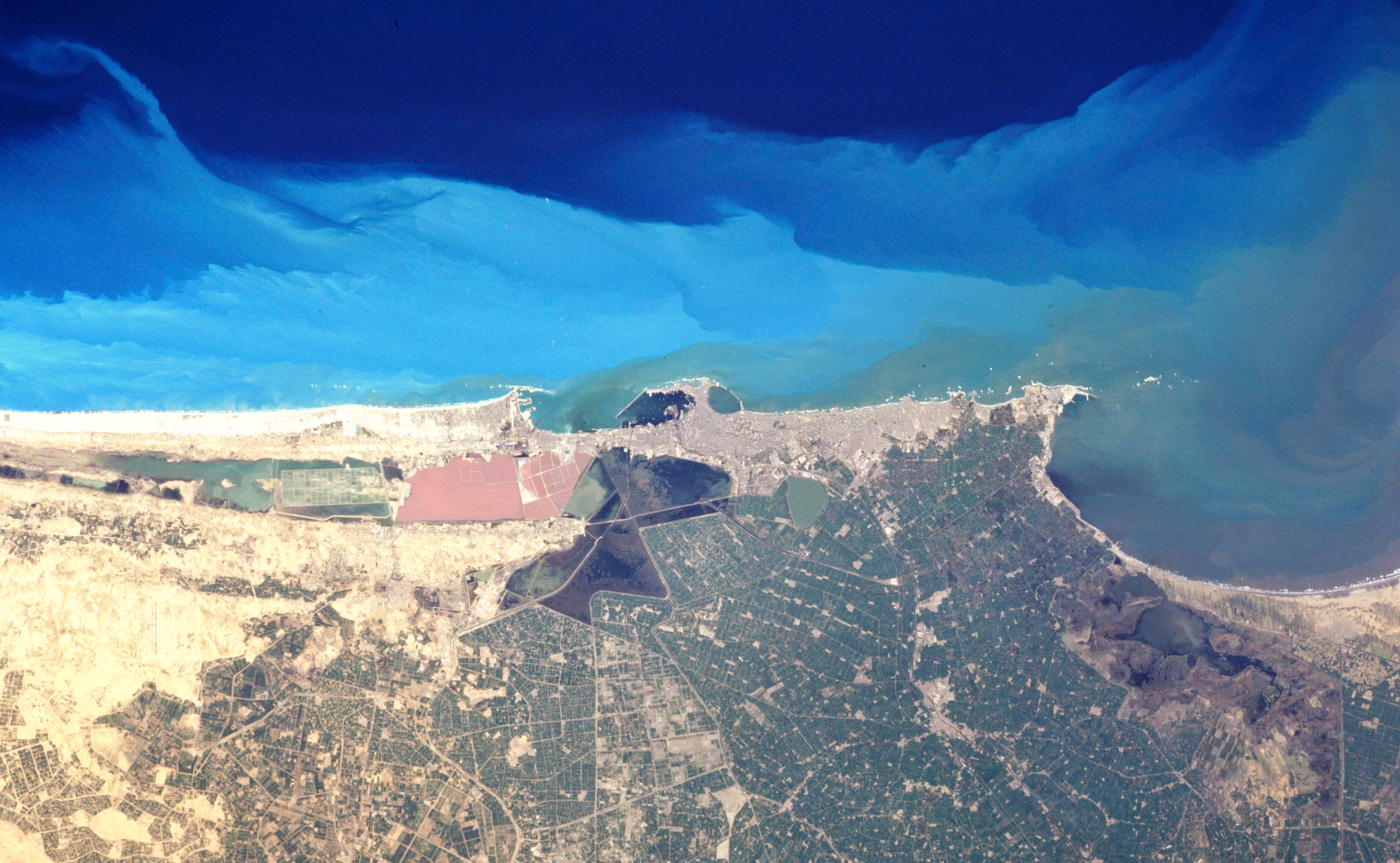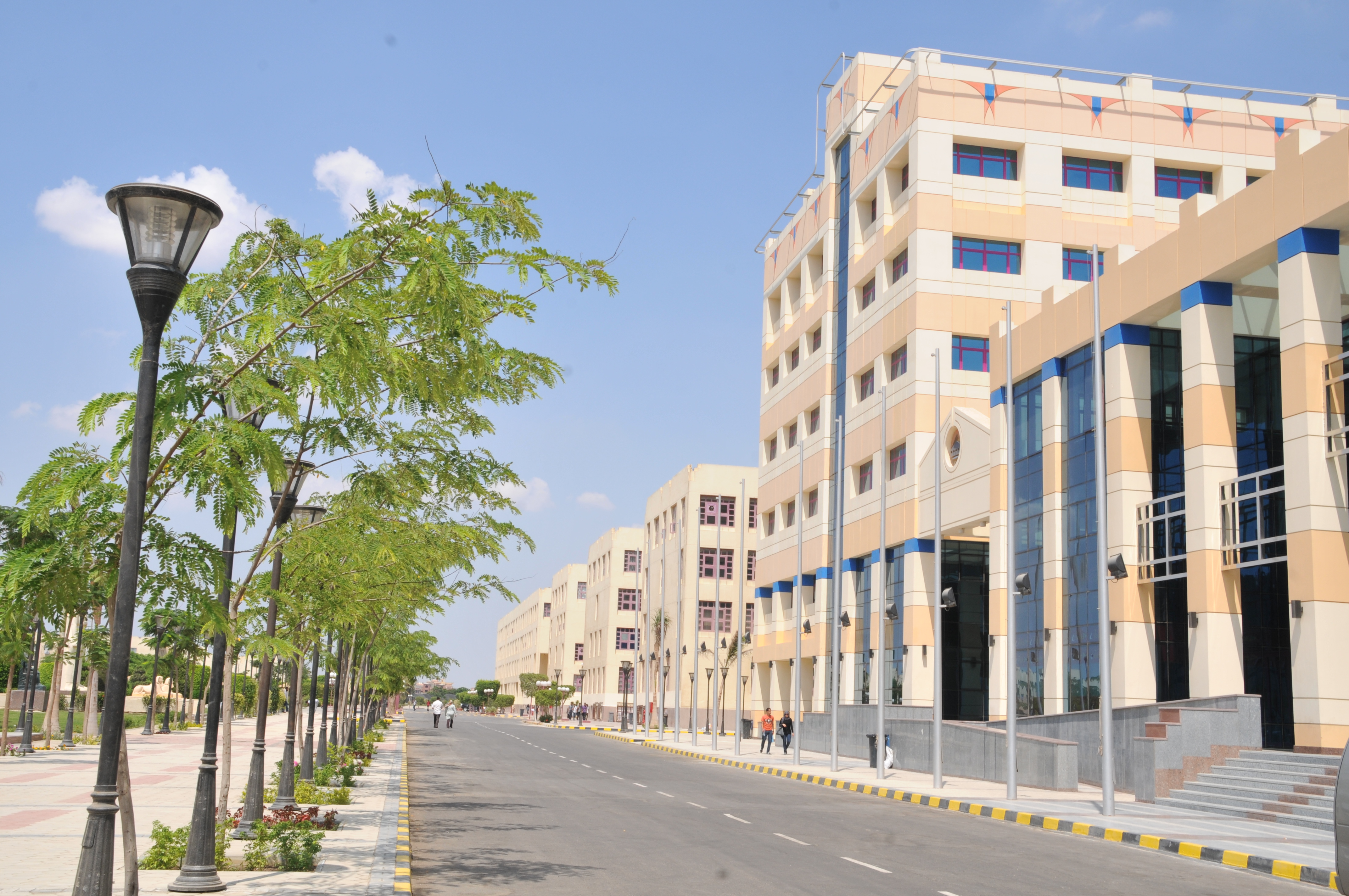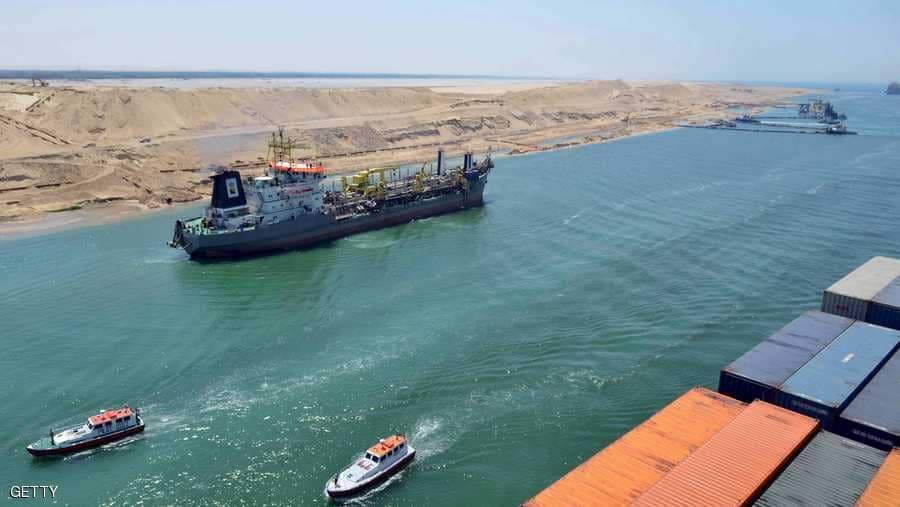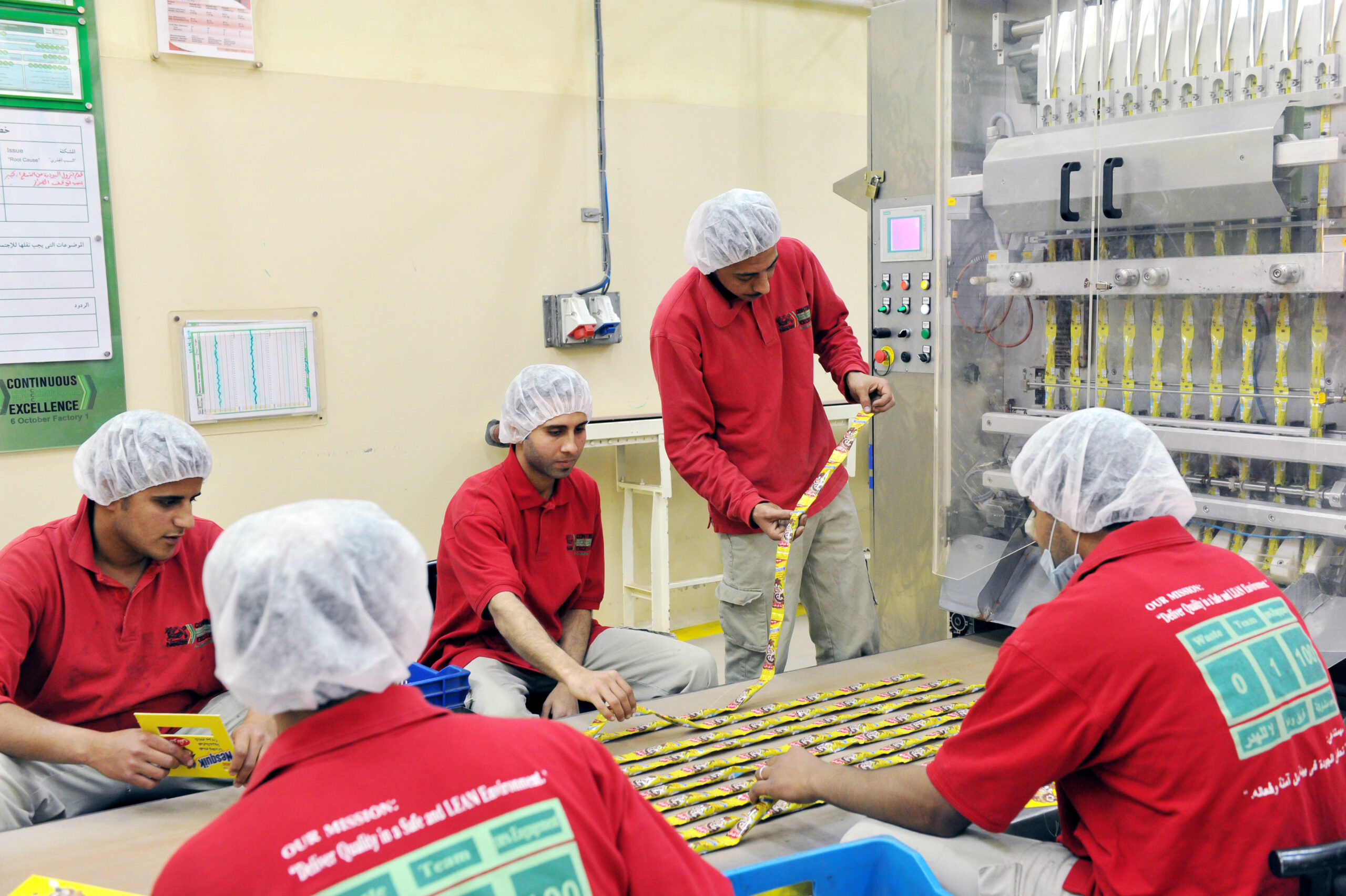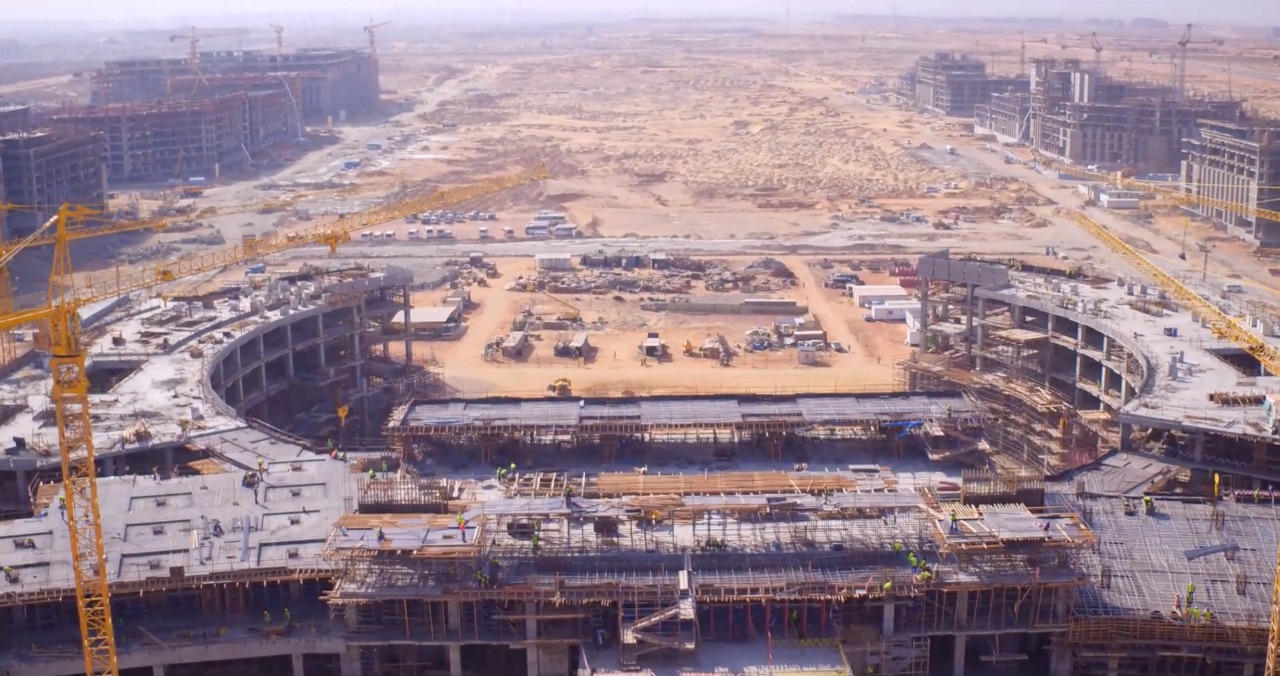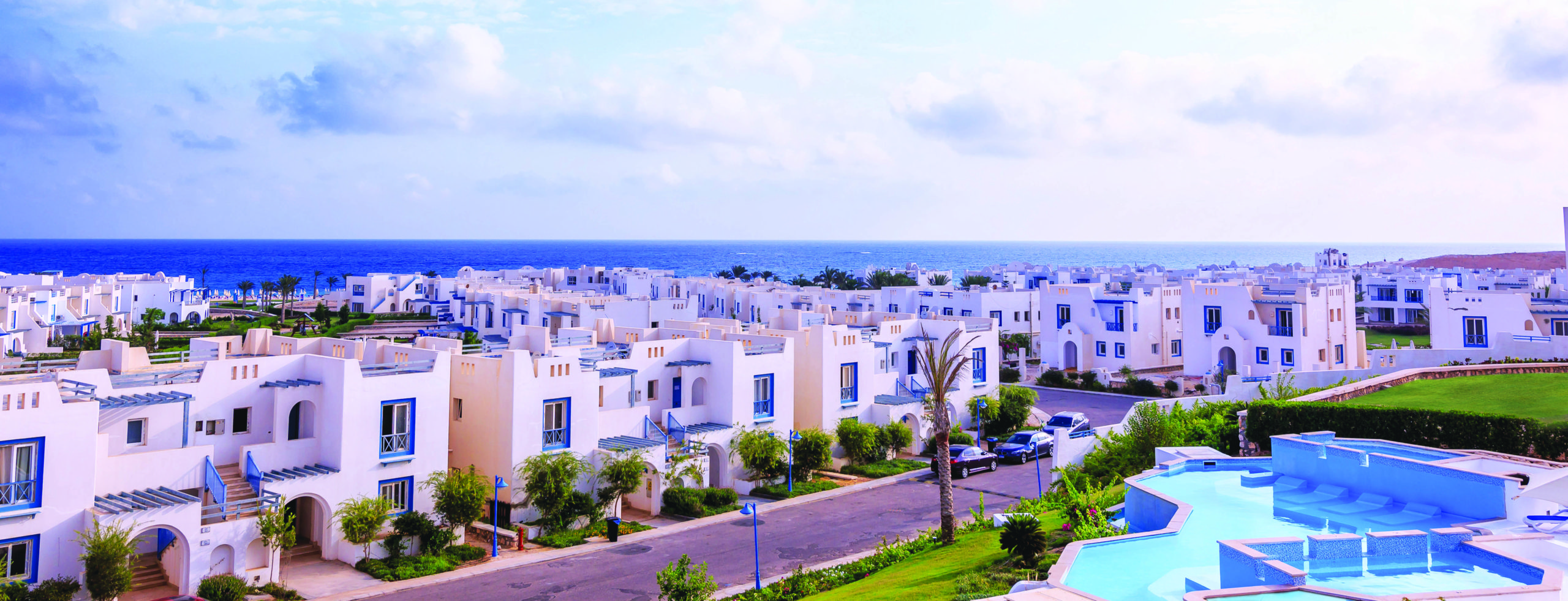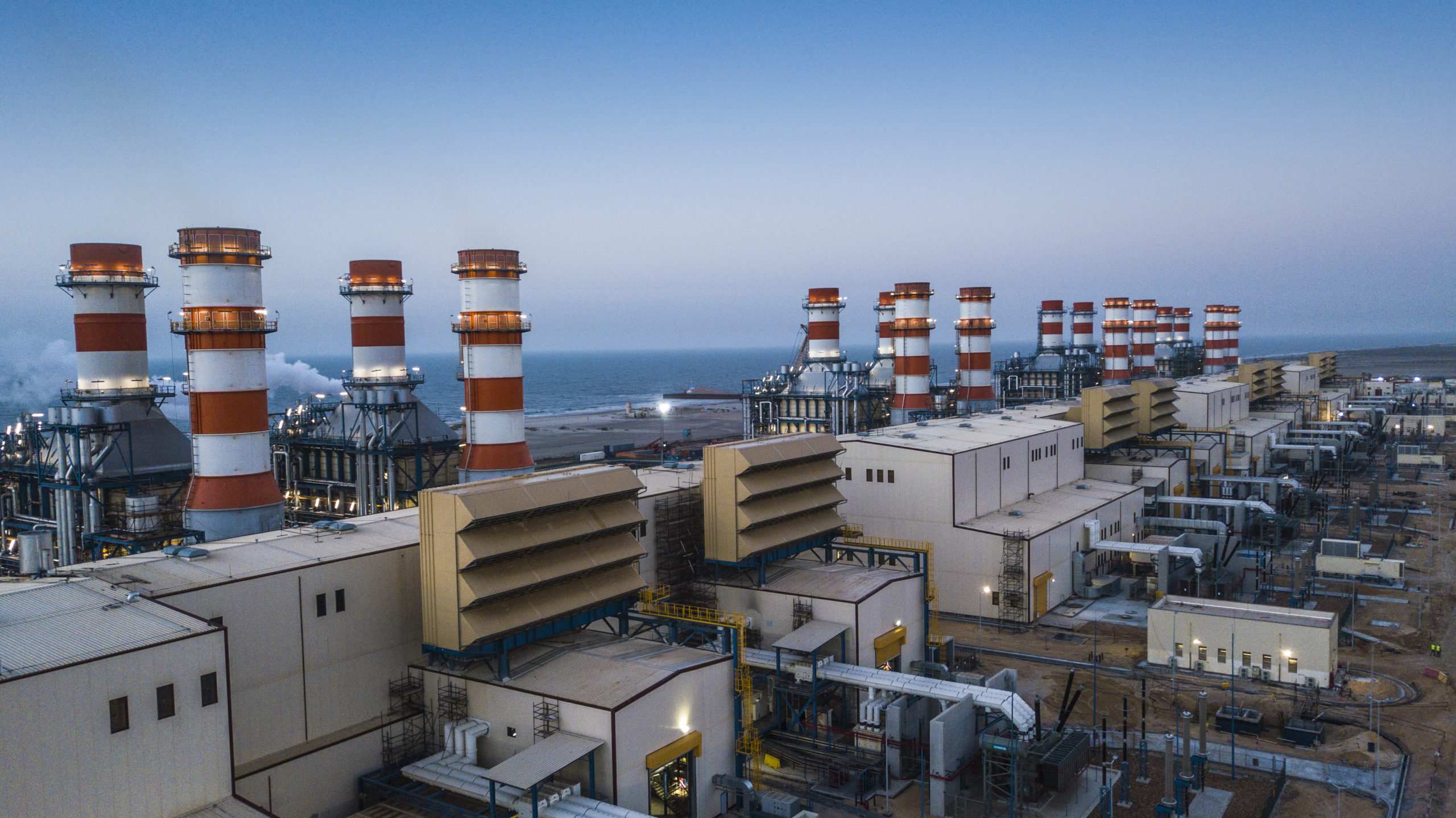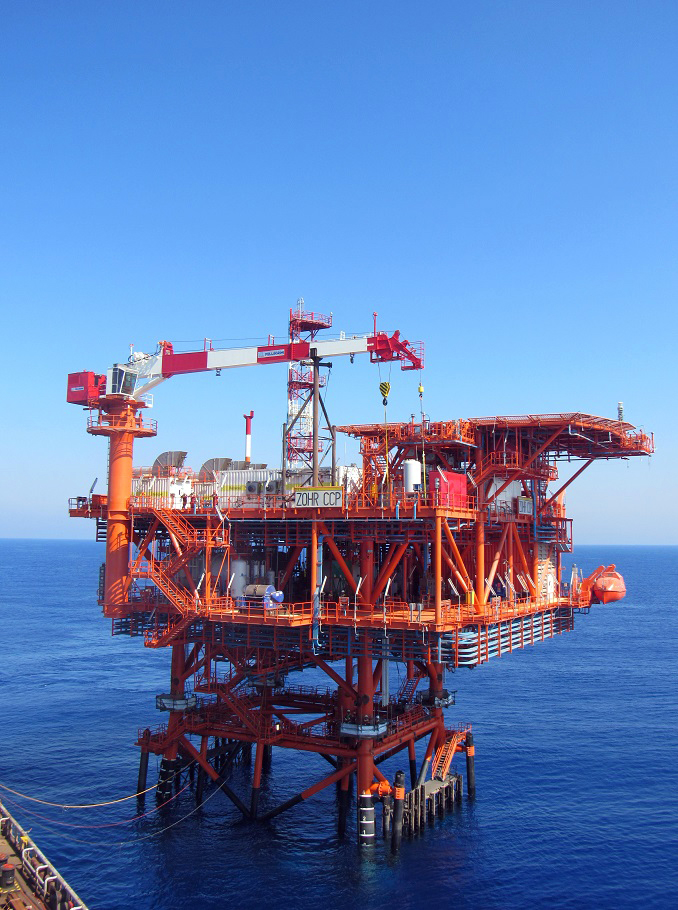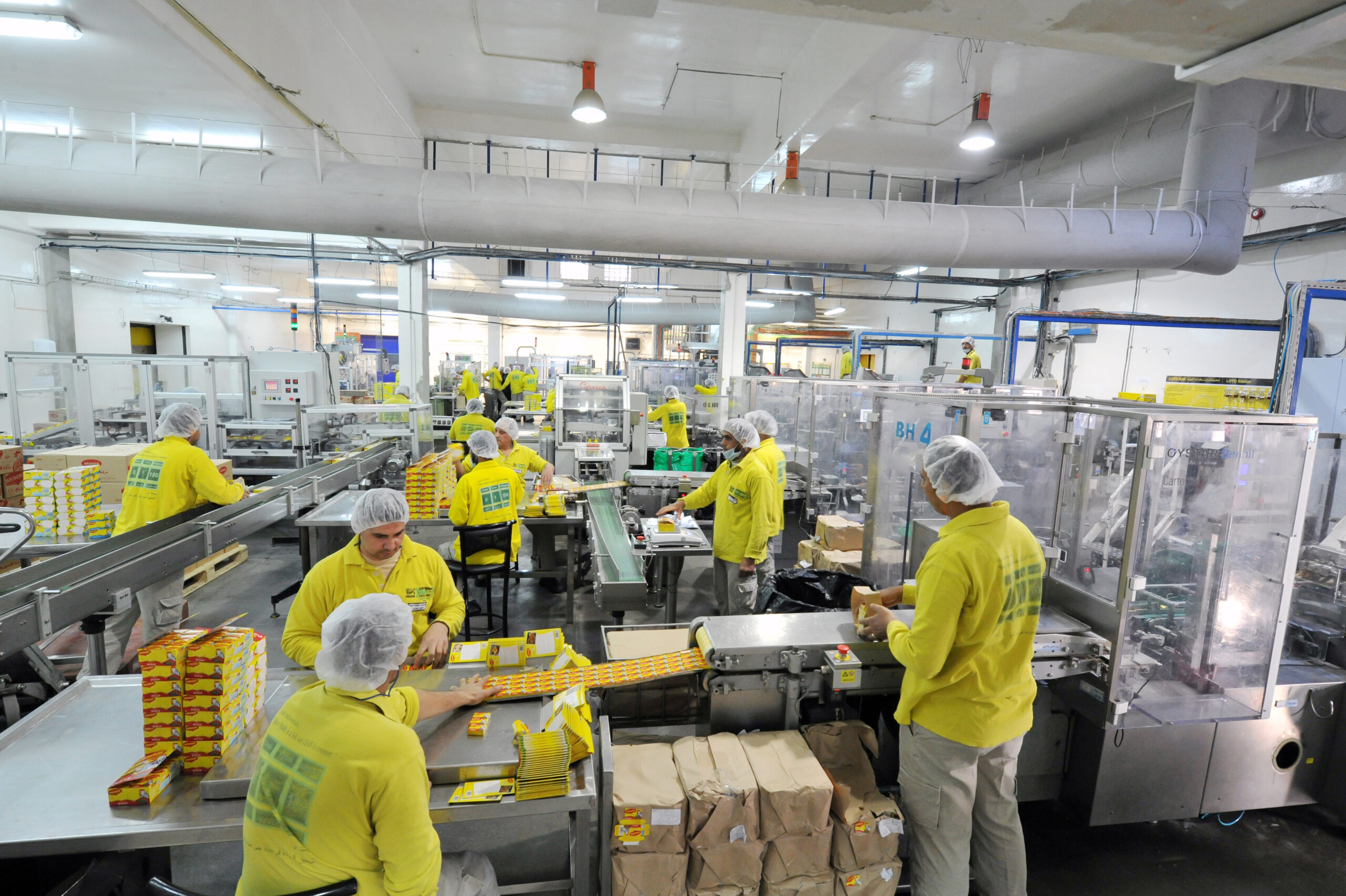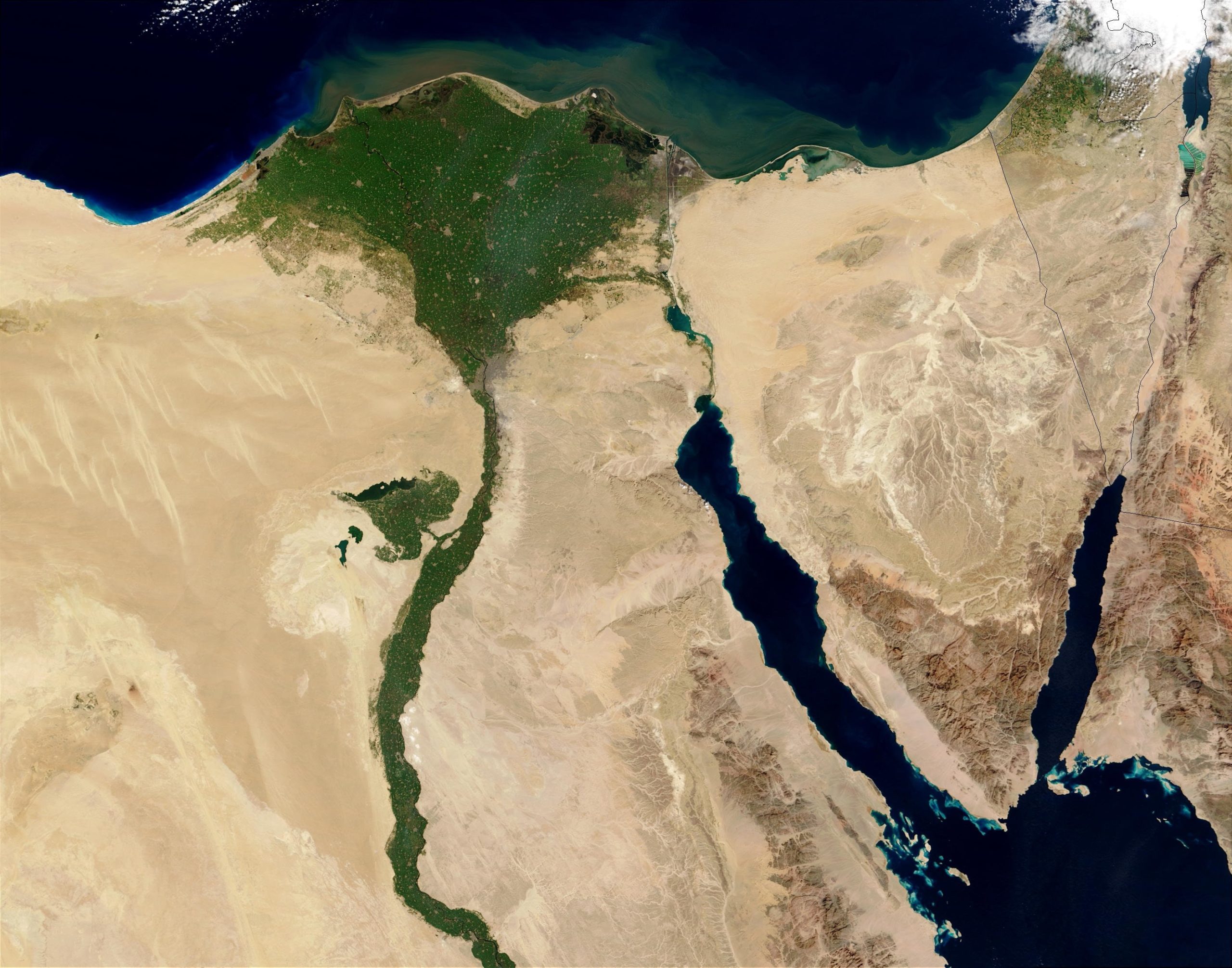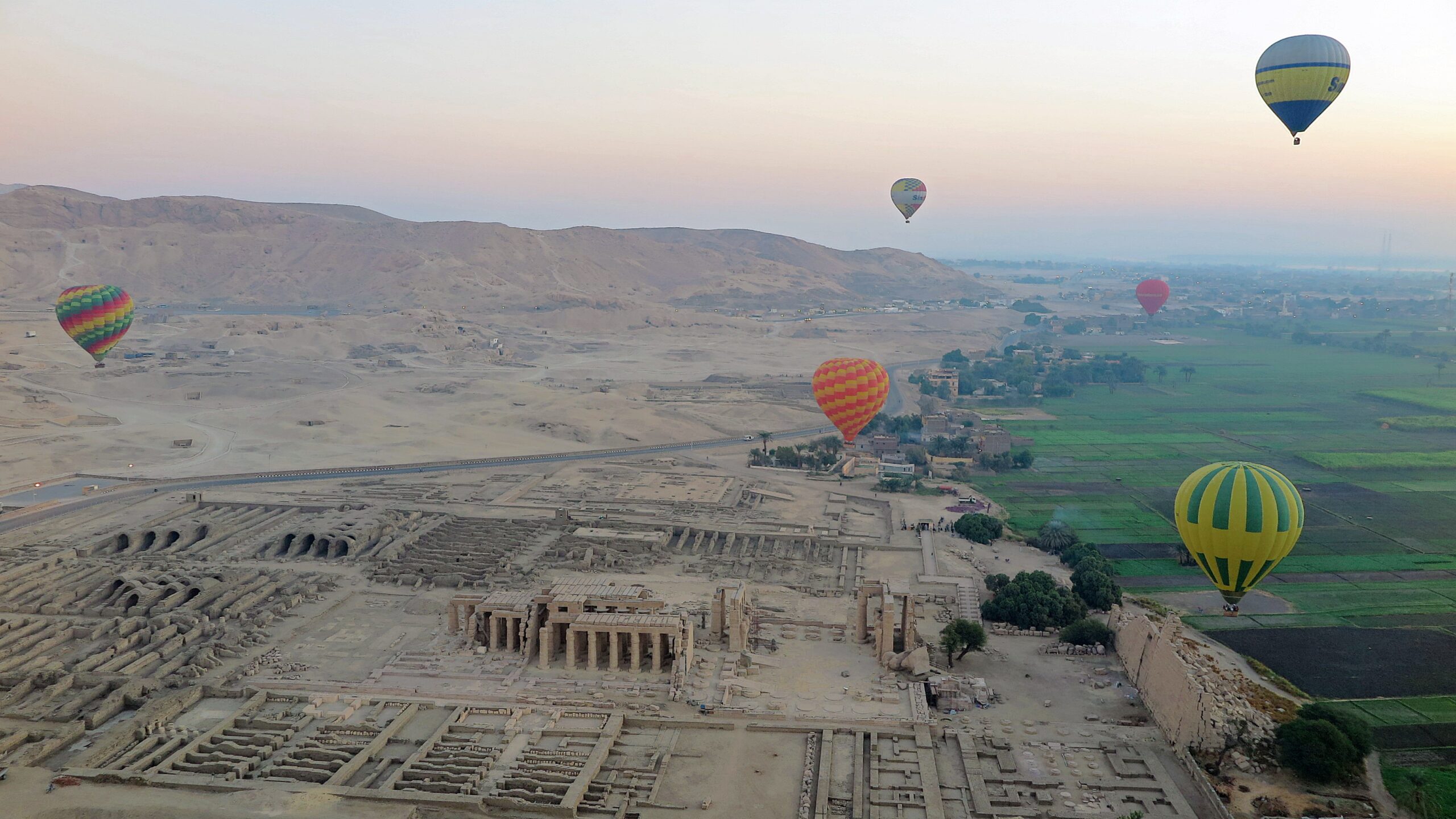
Northern Ireland punches well above its weight as a global hub for material handling, recycling, and waste processing equipment. For a region with less than two million inhabitants, it has over 100 companies dedicated to the sector. Although Northern Ireland may be small, it manufactures more than 40% of the world’s mobile crushing and screening equipment, serving an array of industries including construction, mining, and waste management. Many of these industries rely on equipment manufactured in Northern Ireland, operating around the clock in the world’s most demanding markets and harshest environments, withstanding extreme temperatures ranging from -40°F to 122°F. With decades of engineering expertise, the Northern Irish sector continues to expand its reach in automation, sustainability, and resource recovery.
Always eager to stay ahead of the curve, Northern Ireland created the Advanced Manufacturing Innovation Center (AMIC) to accelerate the development of future technologies. AMIC provides a specialized environment for advanced manufacturing, materials, and engineering sectors to access the latest digital, automation and robotics technology supported by experienced engineers and underpinned by academic excellence. AMIC staff have core capabilities in digitizing manufacturing, smart design, sustainable composites and polymers, and smart nanotech.
The launch of AMIC marks a transformative milestone for Northern Ireland, and is set to “turbocharge” the country’s manufacturing capabilities. Led by Queen’s University Belfast in partnership with industry, AMIC’s open-access innovation hub will further cement Northern Ireland’s position as a global leader in advanced manufacturing, and net zero products and solutions.

John Irwin, Managing Director of Kiverco, a renowned engineering company known to have created the world’s toughest recycling plant, and Chairman of the Board of AMIC, said, “AMIC is creating a platform for companies to collaborate, leveraging our strategic location between Europe and the USA. AMIC’s Factory of the Future, opening early next year, will focus heavily on digital transformation. Northern Ireland recognizes how embracing new technologies is critical for growth, innovation, and maintaining a competitive edge globally. Historically, there has been a gap between academia and industry, but we’re bridging that divide. Academia and private sector collaborations have the ability to provide innovative solutions that can tackle global challenges. When these two worlds connect, it creates a powerful pipeline for technology development—one that strengthens our position for the future.”
Irwin discussed challenges SMEs particularly struggle to overcome, and how AMIC can facilitate conquering these hurdles. He mentioned, “For SMEs, committing resources to R&D is always a challenge. There’s a fear of getting involved in large, multi-year collaborative projects that may not yield results while consuming valuable resources. As a result, many have historically stuck to internal product development rather than engaging in broader R&D collaborations. AMIC enables SMEs like Kiverco to become involved in collaborative R&D in an eco-system with companies ranging from OEMs to small businesses, reducing the risk. SMEs can choose to be involved in projects more likely to generate revenue in the short term.”
Monetizing Waste
Kiverco’s innovative recycling plants allow entities to monetize waste by turning discarded materials into valuable resources, reducing landfill waste and generating profits. By processing plastics, metals, and organic waste, businesses create reusable products while benefiting from government incentives and eco-conscious consumers. This boosts sustainability, lowers production costs, and transforms waste into an economic opportunity.
Irwin mentioned, “Kiverco has a robust export strategy, with a significant share of its business across Europe, the USA, Australia, and the Middle East. As the demand for sustainable solutions increases, stronger legislation will follow. With over 30 years of expertise in designing resilient recycling plants, we’ve positioned ourselves as experts, advising on plant specifications tailored to material recovery.”
Kiverco designs and delivers bespoke, recycling plant solutions, known as the “world’s toughest.” Kiverco’s design principles ensure maximum strength, leading to more uptime, fewer repairs, higher sustained purity, and a longer useful life. Kiverco’s plants efficiently process, separate, and recover waste streams to meet customer requirements.
Irwin discussed getting a foothold in the US market, “The American market presents a unique challenge because each state operates under different legislative frameworks when it comes to recycling and material recovery. Some states have advanced regulations that make recycling economically viable, while in others, landfills remain a cheaper and more accessible option. In the UK, the government played a pivotal role in shaping the recycling industry by introducing legislation making sustainability an economic priority. By increasing landfill charges and mandating the use of recycled materials in certain products—such as food packaging—they effectively created a thriving and lucrative recycling sector.”
He continued, “Our solutions are a proven ‘plug and play’ model. We can design and implement recycling plants that seamlessly integrate into customers’ operations and deliver exceptional results.”
Irwin added, “In addition to the monetary value of recovered commodities, there is the critical issue of environmental impact. Materials like PVC and plastics leach harmful chemicals into the earth, leading to long-term contamination. Recovering and reusing these resources not only reduces pollution but also lessens our dependence on virgin materials, which carry their own environmental costs in terms of extraction, processing, and energy consumption. By integrating recovered materials into manufacturing, companies reduce their reliance on newly sourced raw materials. This cuts down on energy use and lowers overall production costs—essentially, businesses can achieve more with less.”
Irwin said, “Millions of tons of waste sit in landfills or form man-made mountains of discarded material—resources that could easily be repurposed, reducing the strain on natural reserves. Kiverco is well established, with hundreds of sites globally. We’re the UK’s biggest specialist premium recycling plant specifier, designer and manufacturer. There is a clear opportunity to apply our expertise worldwide in waste recovery, helping businesses achieve both financial and environmental benefits.”

